SC pulls up Centre for its evasive & brazen affidavit on alleged motivated media reporting on Tablighi Jamaat issue
Thu 08 Oct 2020, 14:47:56
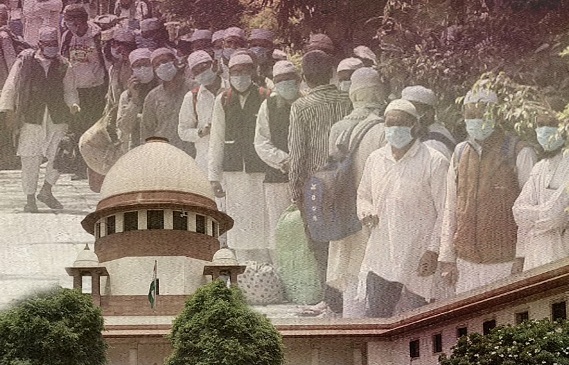
The Tablighi Jamaat congregation held in March, attended by over 8000 members from across the world, was then called a super-spreader event of the novel coronavirus.
The Supreme Court Thursday pulled up the Centre for its “evasive” and “brazen” affidavit in connection with pleas seeking action against alleged motivated media reporting on the Tablighi Jamaat.
A bench headed by CJI S A Bobde was hearing a clutch of petitions filed by Jamiat Ulama-i-Hind and others seeking action against media organisation allegedly giving communal colour to the Covid-19 outbreak at the Tablighi Jamaat congregation in Delhi’s Nizamuddin.
The bench rapped Solicitor General Tushar Mehta after a junior official at the Information and Broadcasting Ministry filed the affidavit which contained “unnecessary” and “nonsensical” averments with regard to media reporting on the issue. The court also sought affidavit from a secretary-level officer with details of steps taken in past to stop motivated media reporting in such cases.
“You cannot treat the Court how you are treating it. The affidavit is by some junior officer. The affidavit is evasive and says the petitioner shows no instance of bad reporting. You may not agree, but how you can say there is no instance of bad reporting shown? Secretary of the department must file an affidavit and avoid any unnecessary and nonsensical averments as made now,” Bar & Bench quoted CJI Bobde as
saying.
saying.
Senior advocate Dushyant Dave, appearing for the Jamaat, told the court that the Centre in its affidavit has stated petitioners were trying to muzzle freedom of speech and expression.
“Freedom of speech and expression is the most abused right in recent times,” the bench, also comprising Justices A S Bopanna and V Ramasubramanian, said.
“They are free to make any averment in their affidavit, like you are free to make any argument you want,” it added.
The petitions will be taken up after two weeks.
The Jamiat Ulema-e-Hind had moved the apex court on April 6 seeking directions to prevent what it claimed was the communalisation of the Nizamuddin Markaz issue by certain sections of the print and electronic media.
The Centre had filed its affidavit in the matter on August 7, stating that the spread of Covid-19 among attendees of the Jamaat, attacks on health workers by some sections, etc, were all matters of fact and that “news reports based on facts… cannot be censored”.
It also said that the plea raised grievances against “certain section of media” without naming any and “certain news reports” without producing these reports. Instead, it “merely relied upon ‘certain fact check news reports’ to contend that entire media is perpetrating communal disharmony and hatred towards Muslims, and is therefore required to be censured/gagged”, the government said.
No Comments For This Post, Be first to write a Comment.
Most viewed from National
Most viewed from World
AIMIM News
Latest Urdu News
Most Viewed
May 26, 2020
Should there be an India-Pakistan cricket match or not?
Latest Videos View All
Like Us
Home
About Us
Advertise With Us
All Polls
Epaper Archives
Privacy Policy
Contact Us
Download Etemaad App
© 2026 Etemaad Daily News, All Rights Reserved.



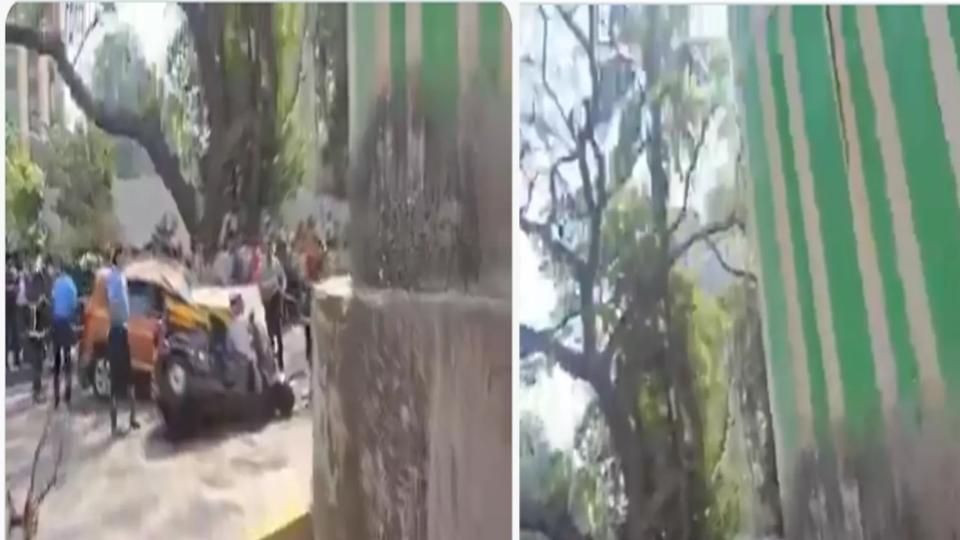

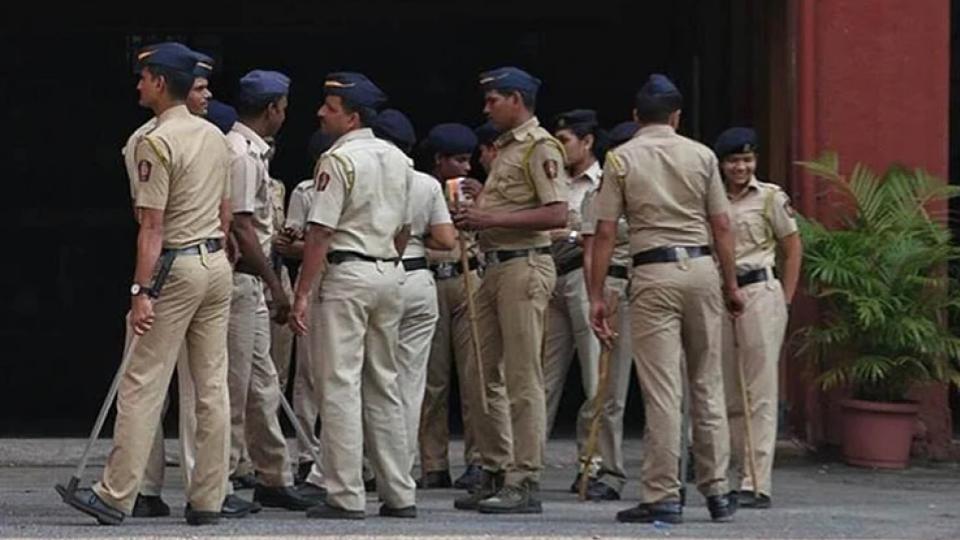
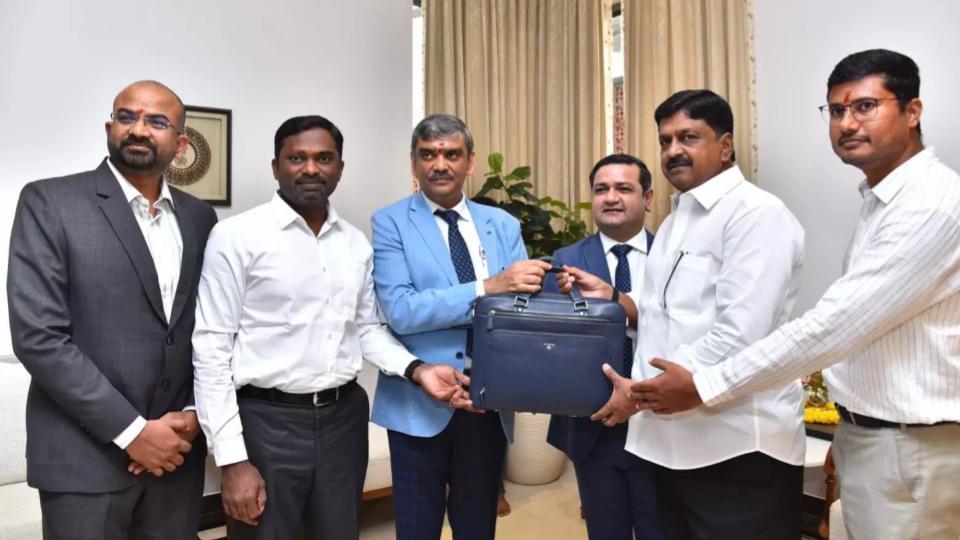
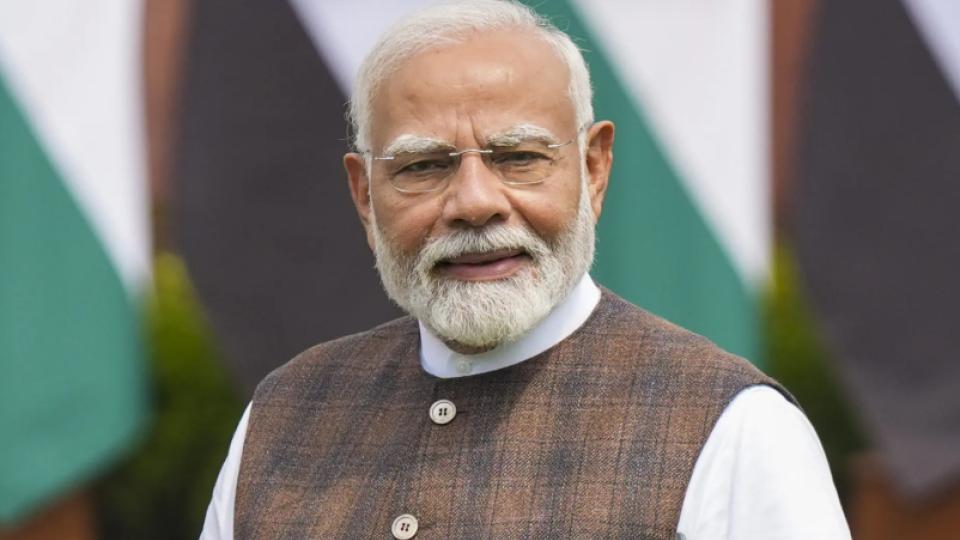
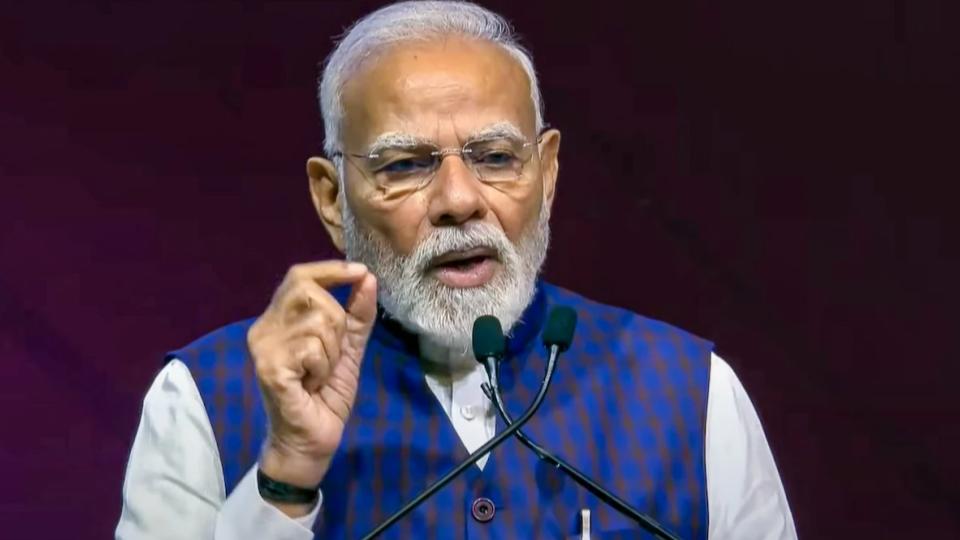

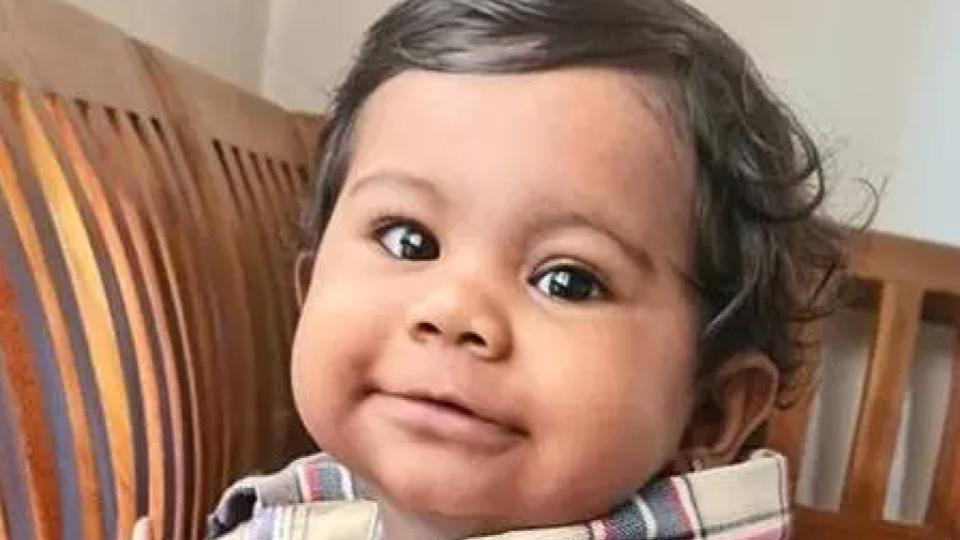
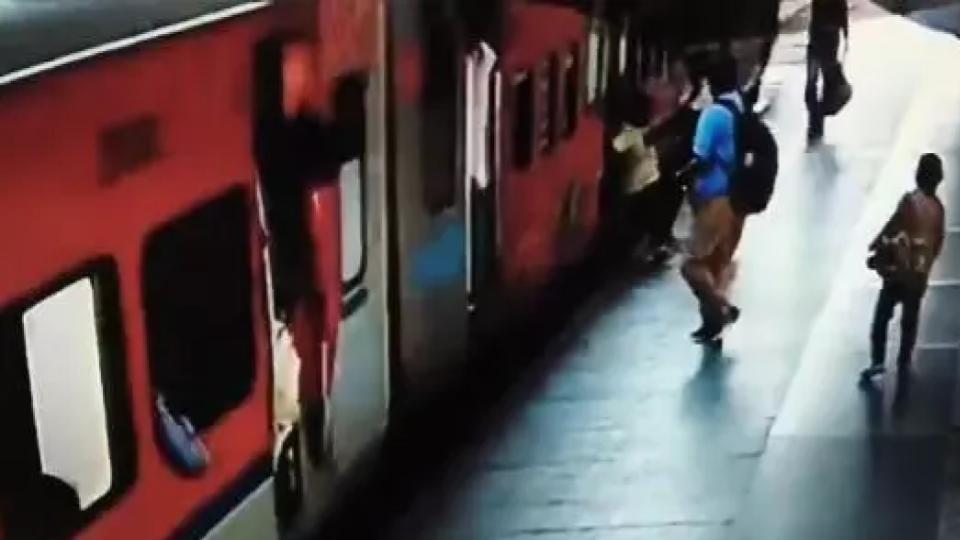
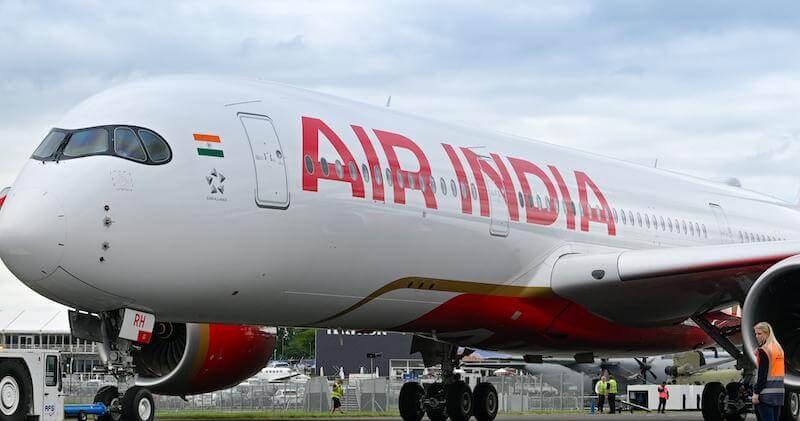
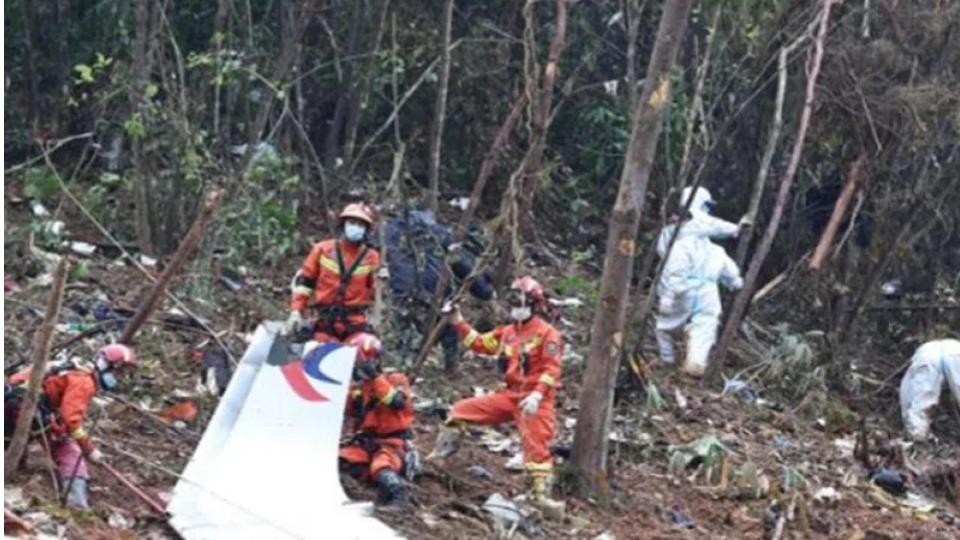
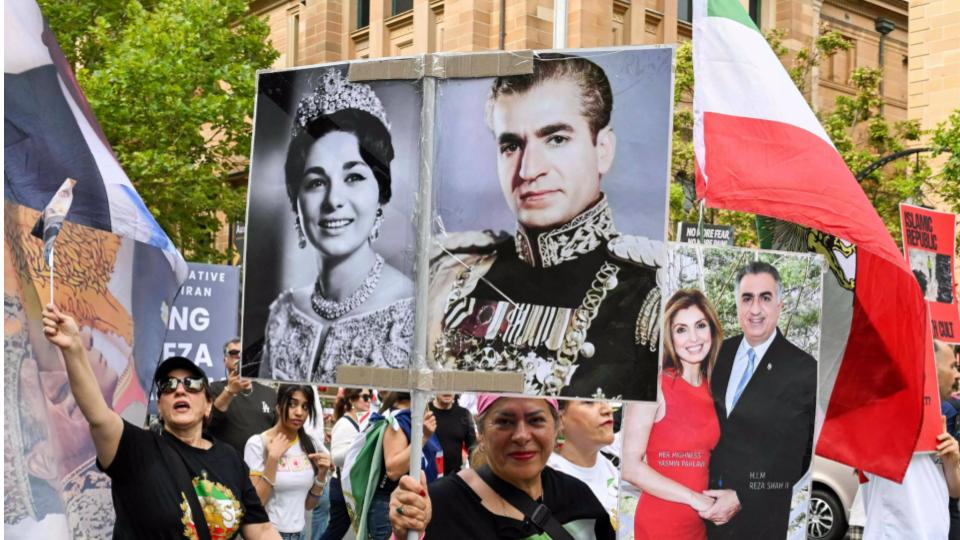
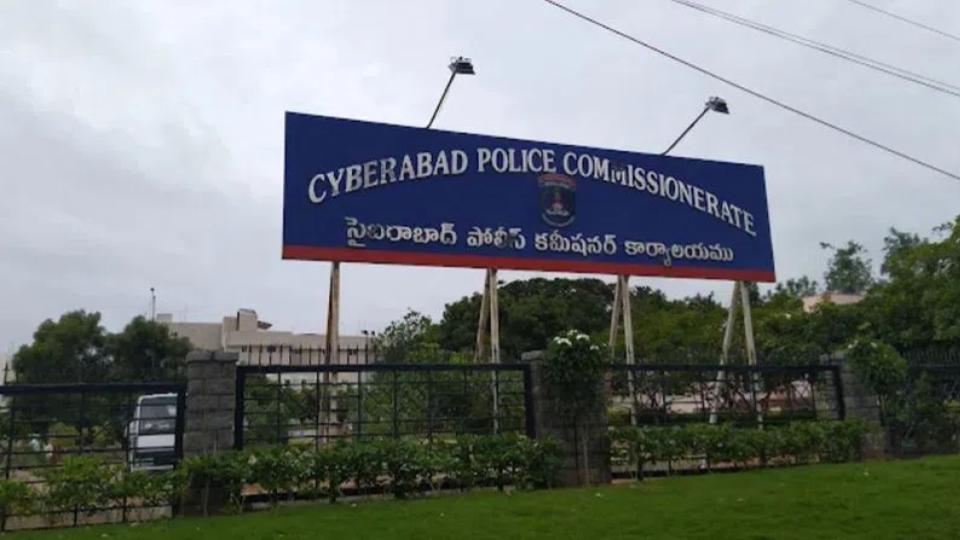

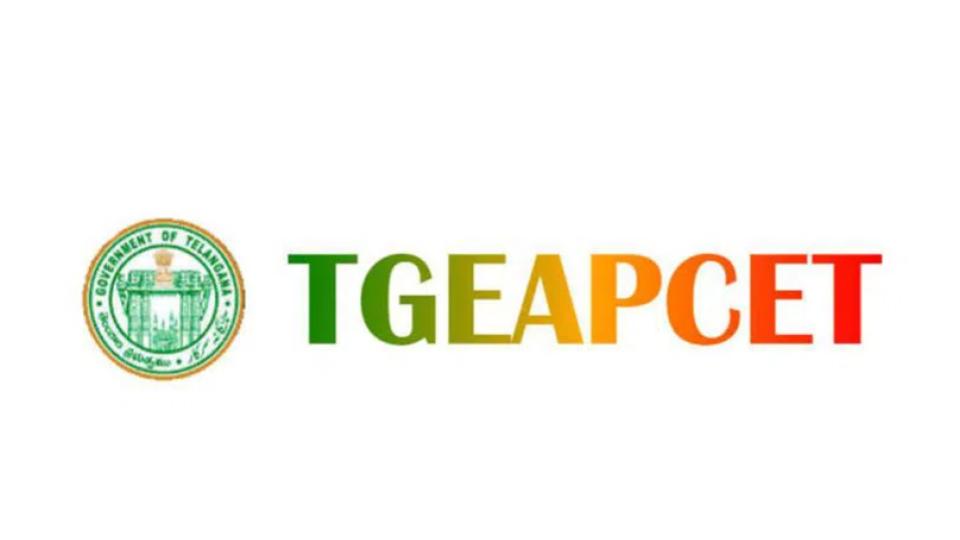
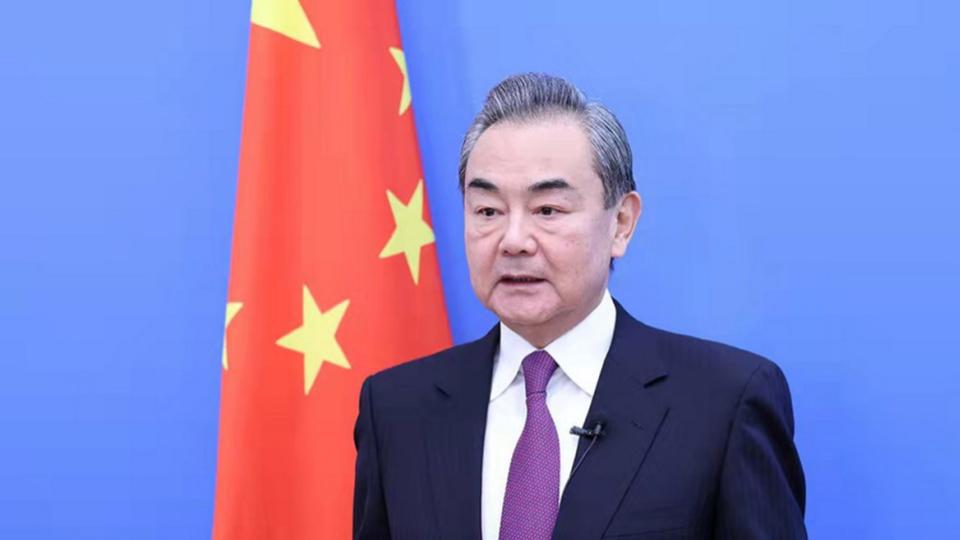
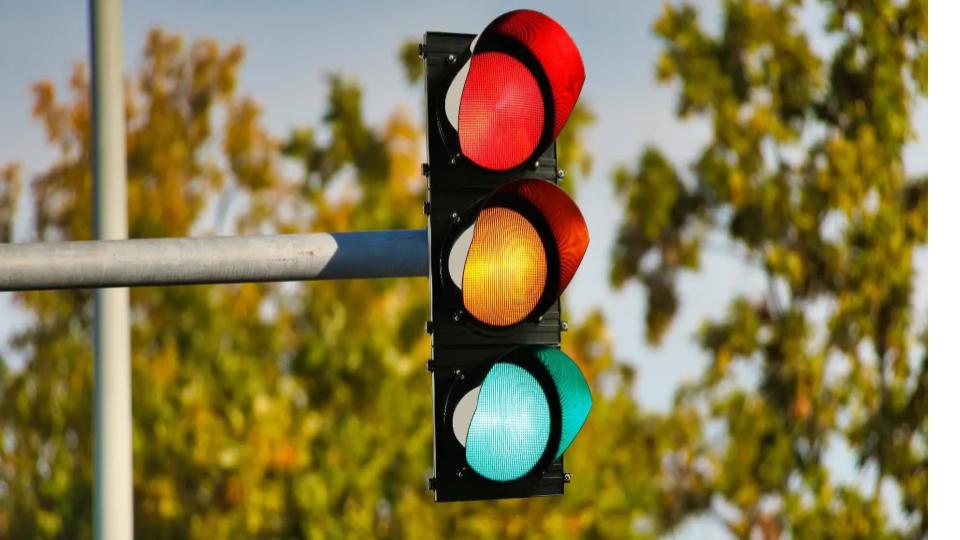
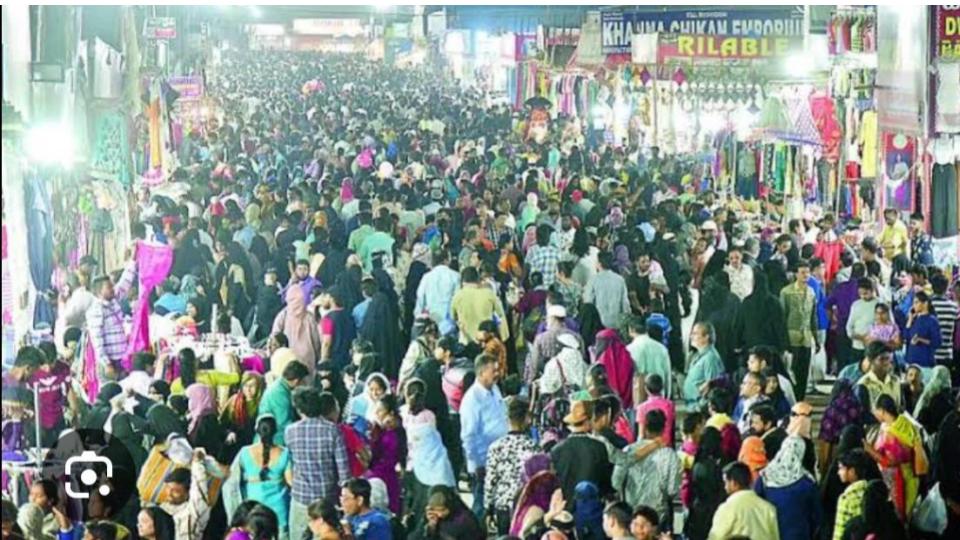
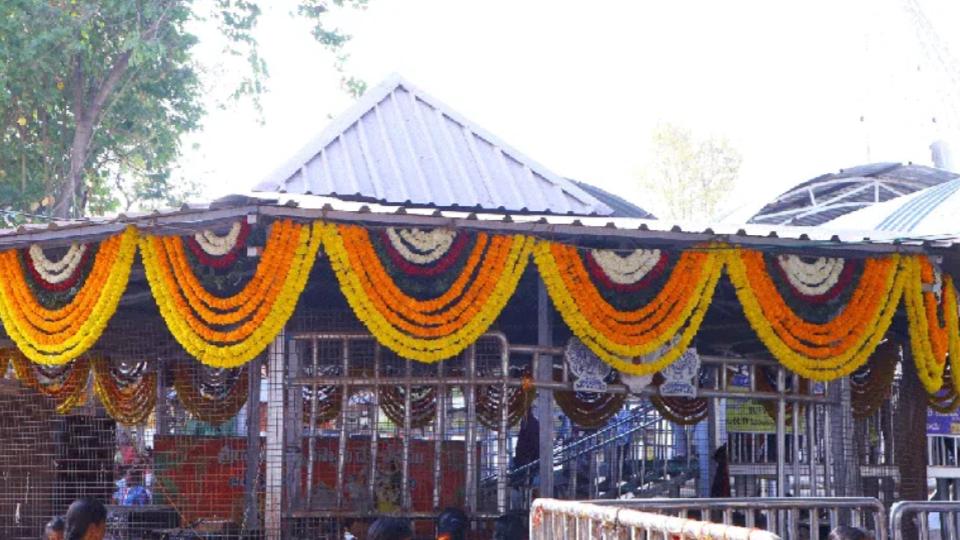
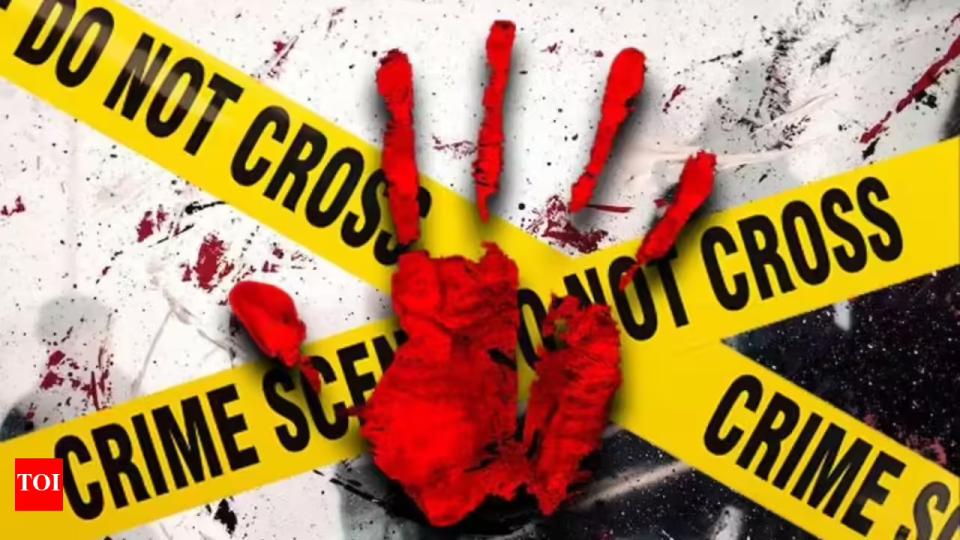

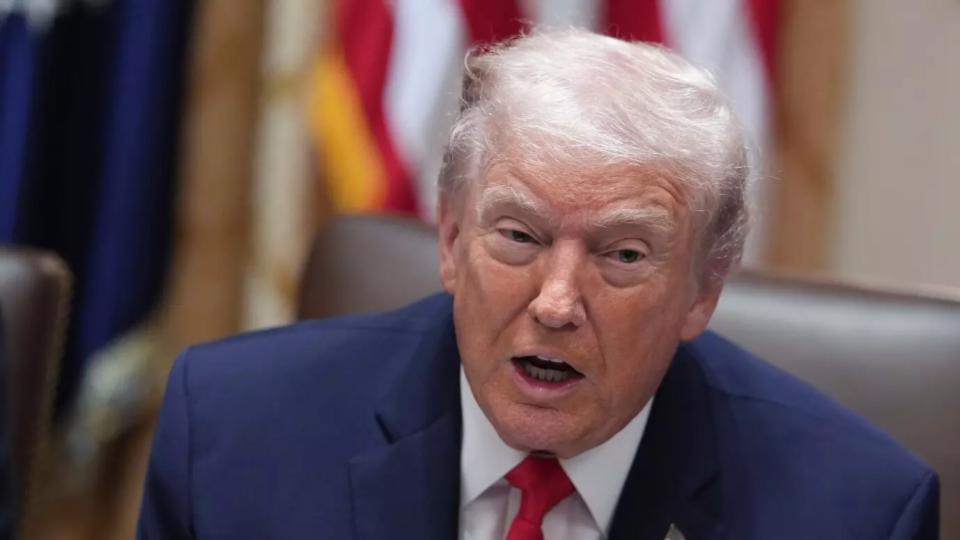

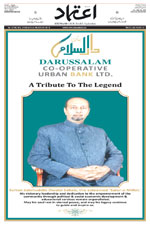










.jpg)
.jpg)
.jpg)


